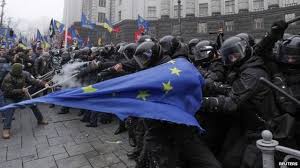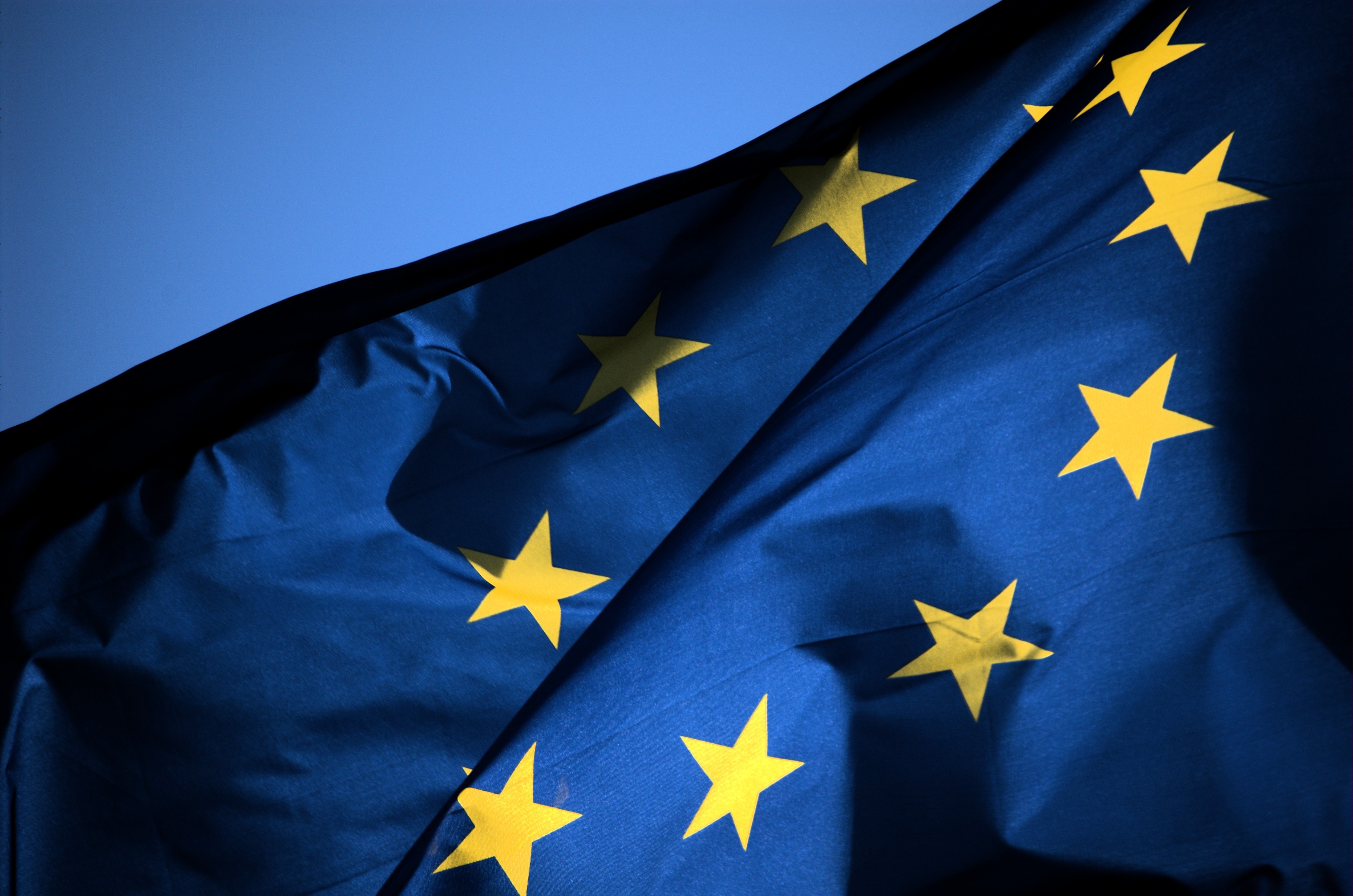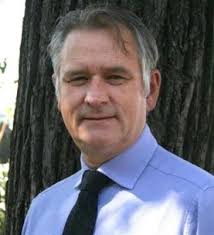
The EU and the one billion bitcoin question
From London to Rome, Warsaw and Athens, mainstream politicians seem determined to give us yet more of the medicine that caused the problems in the first place: deregulation, marketization, privatization and cuts to schools, hospitals and environmental protection. The public does not seem to trust the establishment any longer, but it has learned that changing governments does not lead to any significant change of government policies. We seem to be stuck with neoliberal recipes, with no alternatives in place. The one billion bitcoin question is why?
With the 2008 financial meltdown and then the euro crisis, we all know the price of neoliberal economics. Inequality within and across countries is cascading, with no U-turn in sight. Public money is chiefly used to help large multinational banks, but not to help small investors getting off ground or researchers inventing new technologies. Tax havens are tolerated, while state pensions are being cut. Governments seem determined to clamp down on small unemployment benefits, but not on executive directors’ huge bonuses. Zero hour contracts are spreading, and trade unions portrayed as harmful relics of the past. No wonder those autocratic rulers of China and Russia are looking at present-day Europe with contempt and self-satisfaction.
There are three possible answers, which focus on actors, democracy and ideology.

The EU needs a Plan C
Elections to the European Parliament in May will have a special significance. They will either help the EU regain public trust or let it sink further: it’s a “make it or break it” game.
Europhiles want to stick to the EU because the end of European integration is likely to hamper businesses and take Europe back to old style geopolitics with numerous destabilizing implications. They want to reform the EU, but they cannot imagine integration without it.
Eurosceptics have little trust in the EU’s ability to reform itself. They want to bring power back home from Brussels and replace European integration by inter-state cooperation.
Both groups are right and wrong on some issues, which means that neither Plan A nor Plan B is ideal. Eurosceptics are right to argue that reforming the EU is a hopeless exercise. In today’s huge and multi-layered Union, bold reforms are contentious while timid ones are useless. Would people rush to the ballot box in May if they were told that the European Parliament is no longer to travel between Strasbourg and Brussels? And does anybody believe that a president of the European Commission elected by a popular vote will be able to bridge differences between creditor and debtor states within the EU?
No News is Good News in Poland
Poland used to be known for its dramatic events, and fury of news. This is no longer the case. While most of Europe is boiling, Poland is now an oasis of stability, almost boredom. Its economy keeps growing, but not spectacularly. Its handling of the EU presidency is smooth, but deals with marginal matters. And in this week’s parliamentary elections, after a very dull electoral campaign, Poles again voted in the same two-party coalition. This is surreal by Polish standards. For in the first 18 years since the end of communism, Poland had 13 different governments, a new one every 17 months on average. But now it looks as though Donald Tusk, the leader of the center-right Civic Platform party, …










